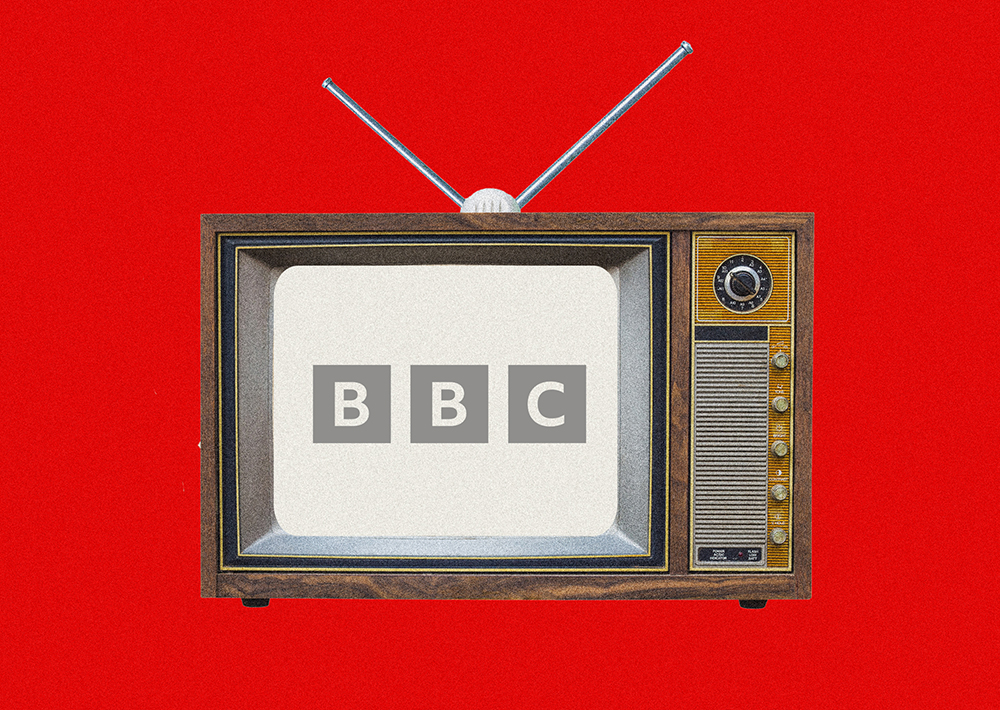After three horses died at Cheltenham on Sunday, the reaction was depressingly predictable. The cameras cut away and the horse racing industry pretended to be shocked and upset that more horses had died on its watch.
Abuffalosoldier and Bangers And Cash – two of the horses who died at Cheltenham – appear to have suffered heart attacks. A third, Napper Tandy, took a fatal fall during the Greatwood Hurdle race.
Napper Tandy took a fatal fall during the Greatwood Hurdle race
The British Horseracing Authority (BHA) described the trio of deaths as ‘a tragedy’ and said the horses’ owners will be ‘heartbroken’. The Daily Mail reported that ‘the shocking nature of the incident(s) left the ITV presenting crew…visibly upset…Viewers described the scene as ‘unwatchable’ and ‘devastating’.’
If racing bosses, or fans, really were shocked, they cannot have been paying much attention to the sport: 2,902 horses have died on UK courses since 2007. Many die in training, too. Death is a big part of horse racing.
Racehorses can suffer debilitating conditions, including bleeding lungs, ringbone and gastric ulcers. Pushing and whipping horses to run at unnatural speeds with their heart rate increasing so dramatically does not always end well for the animals. Is it really a surprise that some horses simply drop dead?
Racehorses don’t just die on tracks; they also end their days in slaughterhouses, their lives cut short with a bullet through the temple, or a metal bolt fired into the brain before their corpses are chopped up and sold as cheap meat.
A BBC investigation in 2021 found that 4,000 former racehorses had been sent to slaughterhouses in Britain and Ireland in less than three years. Eyewitnesses reported that the horses often understood they were there to be killed and screamed in terror as they arrived. Footage collected by Animal Aid showed that ‘welfare rules’ were often overlooked as the floor turned claret.
Some ‘spent’ horses suffer an even worse fate, ending up in laboratories, where scientists experiment on them before they are killed.
It is true that a few former racehorses are a bit luckier and get to live out their retirements at animal sanctuaries. But even then, there is sadness. At a horse sanctuary in Berkshire, where I volunteer, the horses generally have sad backstories; most were neglected, abandoned, or cruelly mistreated.
In my experience, the most tormented of the sanctuary’s horses are usually those who came from the racing industry. Their trauma is heartbreakingly palpable. It is all too clear that these beautiful animals were physically and emotionally destroyed by the time the industry discarded them because they could no longer run fast enough to make any money.
From birth to death, racehorses are exploited to make money for the gambling industry. Sometimes, when a horse dies, someone forgets to feign shock. In 2014, the Grand National champion jockey Ruby Walsh shrugged off the death of a horse after a fall, saying: ‘Horses are horses. You can replace a horse.’ We can admire Walsh’s honesty, if nothing else. It was as if he had pulled back the metaphorical tarpaulin – the one race organisers rush to drape over any dead horse – to reveal the ugly reality of the ‘sport’.
Horses are whipped into submission, they keep dying, and the racing industry keeps pretending to be shocked and upset. Why do we play along with this charade? If race bosses were truly upset by these deaths, they would never let another horse near a racecourse.
It is clear enough that the only thing they are really upset about is the prospect that more people are waking up. Eventually, a tipping point might be reached when the crocodile tears no longer work, and we can consign this wicked racket to where it belongs: the past.







Comments